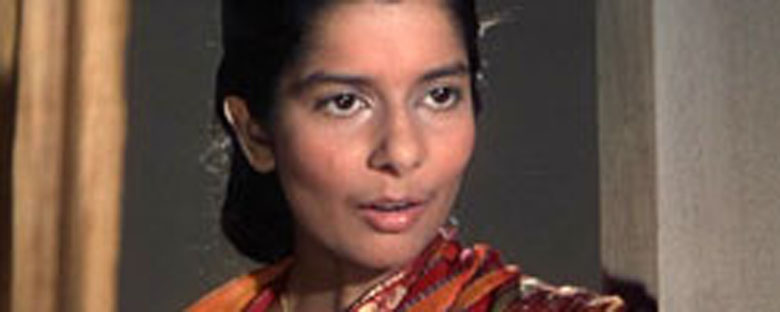Reviews
Jean Renoir
France / India / USA, 1951
Credits
Review by Beth Gilligan
Posted on 28 March 2005
Source The Criterion Collection DVD
Bollywood may be the world’s largest film industry, but only a handful of its films make it into North American movie theaters. On the rare occasion Western audiences are treated to a glimpse of India onscreen, whether through the eyes of an outsider or a native, there is a tendency for elephants, tigers, and, more recently, color-saturated musical numbers to pop up, all of which make for an entertaining if not especially accurate portrayal of the country at hand.
Perhaps one of the reasons Jean Renoir’s The River has failed to find the enduring popularity of some of his other films (most notably The Rules of the Game and Grand Illusion) is because it is rooted in the mundane details of Indian life, albeit from a colonialist perspective. Based on the novel of the same name by Rumer Godden, a British author whose fascinating life is chronicled in a BBC documentary included as an extra on the DVD, The River is the rare coming-of-age tale that manages to give insight not only into its main character (a gangly adolescent girl named Harriet) but also the complicated world around her.
Sumptuously photographed (Martin Scorsese once named this film, along with Powell & Pressburger’s The Red Shoes, the most beautiful color film ever made), the story revolves around a British family living on the banks of the Ganges. From the outset, their life appears idyllic, with none of the simmering racial tension that would mark films with a similar setting (e.g. A Passage to India) evident here. The family’s good-natured patriarch (simply referred to as Father) runs the local jute manufacturing plant, leaving his pregnant wife and Nan (a native woman employed by the family) to tend to his six children, including his eldest, Harriet, a gangly adolescent with a penchant for writing stories and poems.
Next door to Harriet’s family lives Mr. John, a friendly British ex-pat whose marriage to a local woman has resulted in a mixed-race daughter, Melanie, who is around the same age as Harriet. While the two girls are friendly, Harriet spends most of her free time with Valerie, a slightly older British girl whose good looks she envies. Harriet and Valerie’s friendship is further put to the test by the arrival of Captain John, an embittered American war veteran whose handsomeness also catches the eye of Melanie. As the three girls vie for his attention, they find the world around them changing in ways both subtle and drastic.
While the acting in The River is, in many cases, somewhat wooden (which is why Renoir wound up including a great deal of documentary footage in the finished product), the emotions harnessed by the film are not. Although Harriet narrates the movie and is ostensibly its main character, Melanie’s struggle with her identity not only speaks to her specific situation, but also to the general confusion of teenagers as they (for lack of a better phrase) come of age. Interestingly, Melanie’s character does not appear in the Godden novel, but was added by Renoir, who wanted a non-colonialist voice to be heard in his film. In presenting such universal dilemmas onscreen, the director has once again succeeded in shaping a film that seems certain to resonate for years to come.
We don’t do comments anymore, but you may contact us here or find us on Twitter or Facebook.



